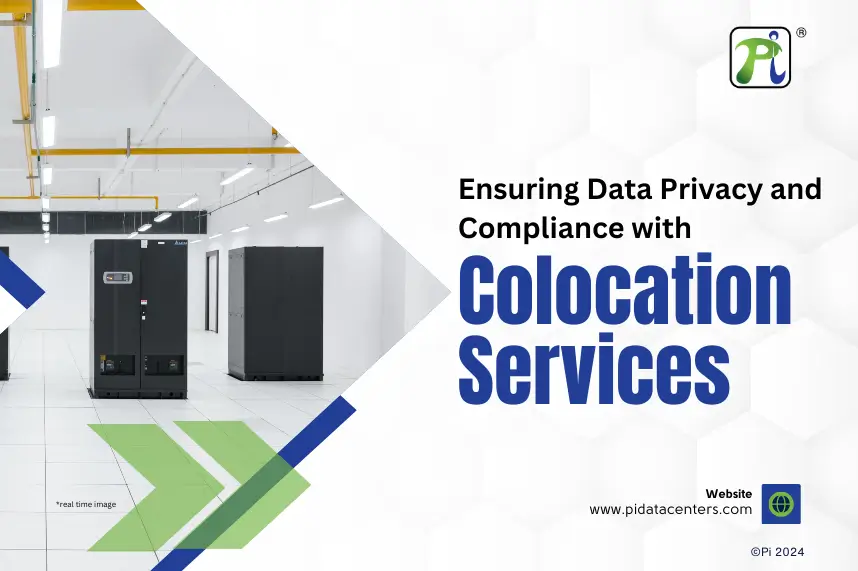We Will Get Back To You As Soon As Possible


As businesses increasingly rely on digital infrastructure, ensuring data privacy and compliance with regulatory standards has become paramount. Recently, we have seen data breaches and privacy violations becoming increasingly common. Businesses must prioritize data security and compliance. One effective strategy for achieving this is by leveraging colocation services. Colocation offers businesses a secure environment for their IT infrastructure and plays a crucial role in ensuring data privacy and regulatory compliance.
Colocation involves renting space in a third-party data center to house your servers and networking equipment. This setup allows organizations to benefit from the data center's robust security measures, infrastructure reliability, and redundant systems without the overhead costs of maintaining their facility. But beyond these advantages, colocation services significantly enhance data privacy and compliance.

When selecting a colocation provider, consider their security certifications and compliance with industry standards. Look for certified providers such as SSAE 18, ISO 27001, and PCI DSS compliance. Additionally, assess their data protection policies and practices to align with your organization's needs and regulatory obligations.
Colocation services offer businesses a powerful solution for enhancing their data privacy and compliance efforts. By leveraging a trusted colocation provider's advanced security measures and compliance expertise, organizations can protect sensitive information, mitigate risks, and ensure they meet regulatory requirements.
Questions? We're here to help.
©2026 Pi DATACENTERS® Pvt. Ltd. All rights reserved
